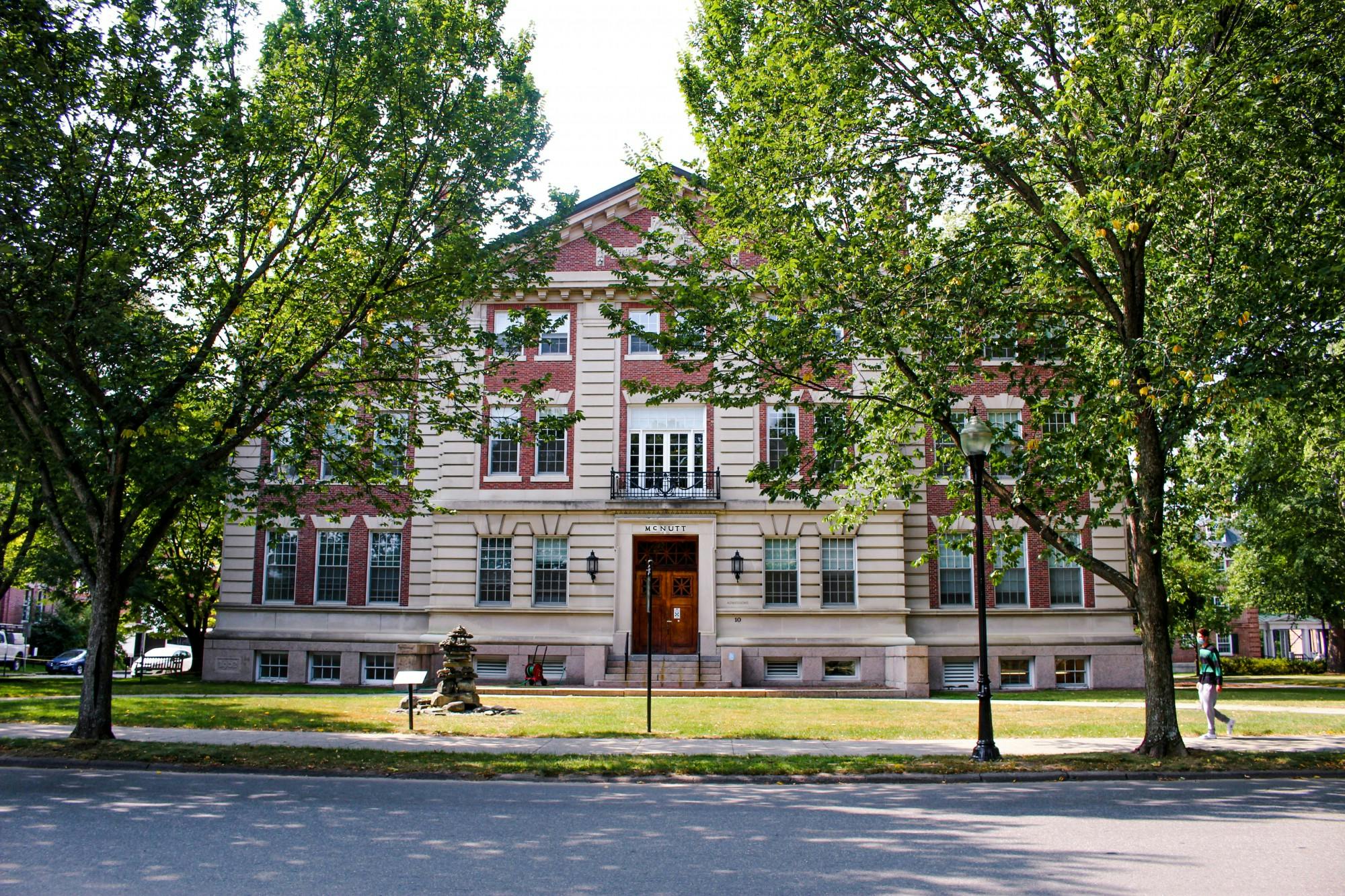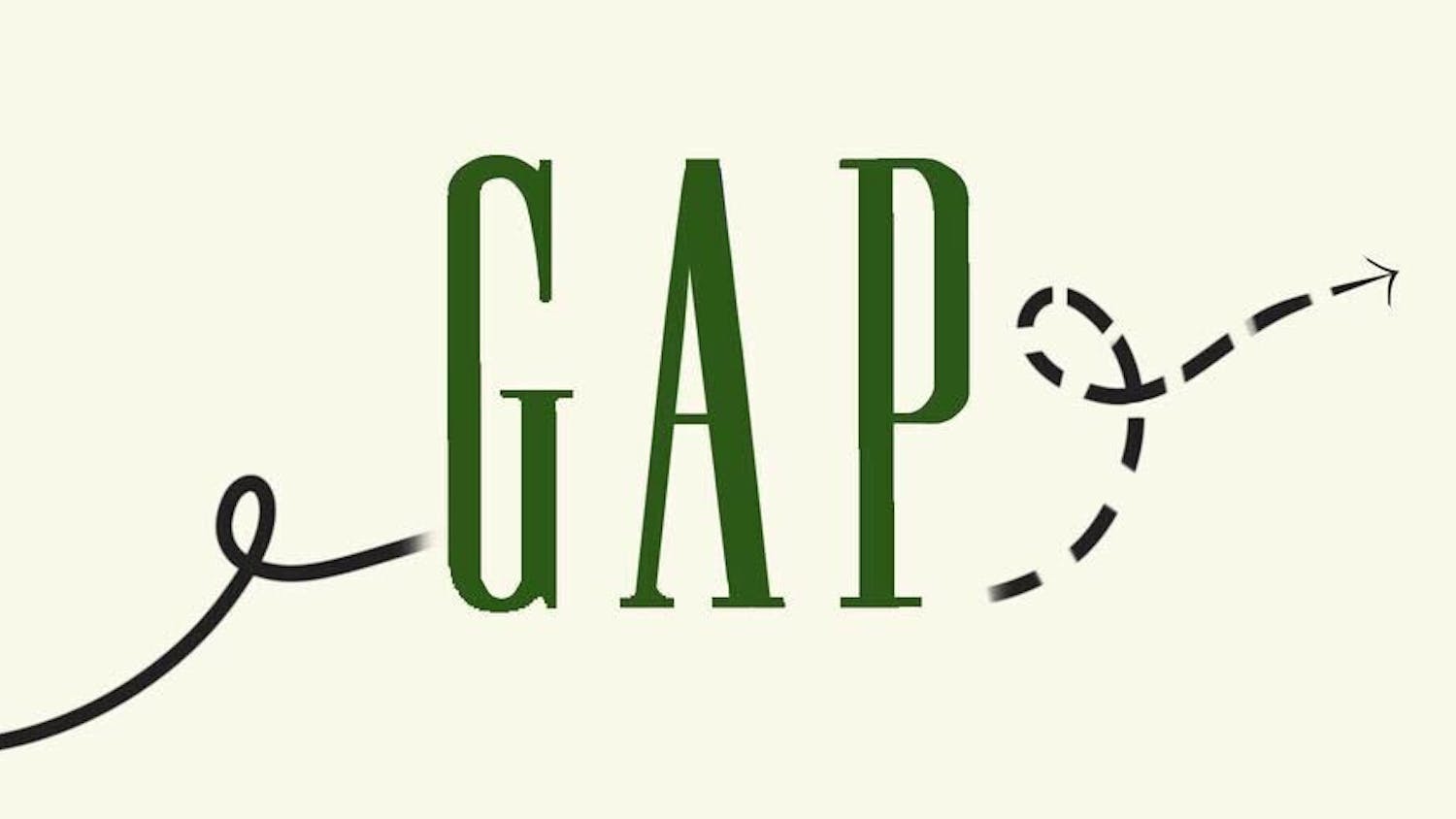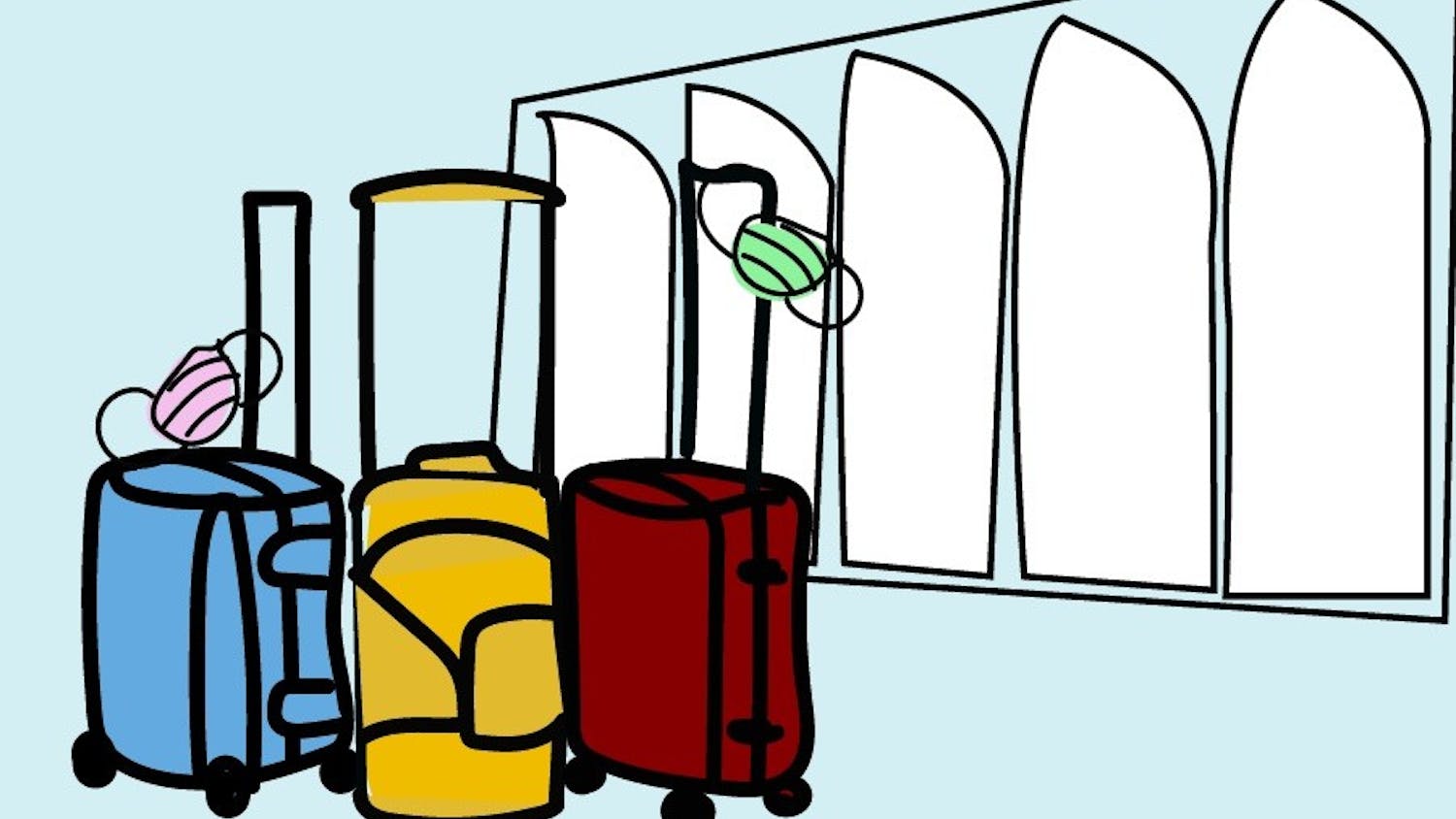Although most students accepted into the Class of 2024 started their first term of classes on Monday, nearly 200 have opted to take gap years instead.
One hundred seventy-two students from the Class of 2024 — mostly from western states or abroad — decided to defer their enrollment for a year, up from an annual average of 30 to 40 students, according to an email statement from College spokesperson Diana Lawrence. Lawrence added that the percentage of freshmen taking a gap year — 14.9 percent — is “not atypical among our peer institutions” this year.
At Yale University, 341 students opted to take a gap year, a seven-fold increase from normal years. Similarly, at the Massachusetts Institute of Technology, 87 students requested a gap year, up from an average of 10 to 15 students.
Lawrence said the future impact of the increase is still unclear.
“It is also too soon to assess how this may impact the admissions process going forward since there are many unanswered questions about next year’s enrollment plan,” Lawrence wrote.
Some students who decided to take gap years considered virtual classes and restricted campus activities due to COVID-19 as factors in their decisions. Ella Marin ’25, formerly a member of the Class of 2024, said that she had been looking forward to First-Year Trips and the Homecoming bonfire and that she was “disappointed” they would not occur this year.
“I really wanted to come to Dartmouth for the traditions,” Marin said. She added that she had been looking forward to skiing in the winter, which would not be able to happen given that freshmen will not be on campus winter term.
Marin also said that she found it was “pretty easy and accessible” to take a gap year at Dartmouth. She added that she was initially unsure about taking a gap year, but the fact that other colleges had “some significant problems” with reopening ultimately convinced her to take a year off.
For Denise Lee ’25, the “social restrictions” of life on campus during the pandemic influenced her decision to take a gap year. She said that she values in-person connection and thought that it would be “really hard to meet new people” with COVID-19 restrictions.
“I just thought it was better to sit this year out because there’s so much uncertainty,” Lee said. “I didn’t want to have to be in the first year to deal with that.”
Danni Lu ’25 said that she had been motivated to take a gap year for reasons unrelated to the pandemic — she wanted time to “grow as an individual” before starting college. She added that she had not originally planned on taking a gap year, but after the College reopened deferral requests in July she realized that she “needed more time” before beginning college.
“On the positive side of things, I guess I have the pandemic to thank for helping me realize I needed a gap year,” Lu said.
Incoming students were able to defer enrollment to next fall if they submitted a request by July 20. However, College policy changed over the course of the summer: Dean of admissions and financial aid Lee Coffin wrote in an June 29 email that students who did not want to enroll in the fall should cancel their enrollment and reapply next year, before clarifying two days later that students would be allowed to postpone enrollment. Coffin declined to comment further for this story.
Lee said that she had initially asked to take a gap year shortly after the release of the June 29 College reopening plan and that she had been denied. She added that once the College reopened the deferral process in early July, she applied for a gap year “as soon as possible.”
Given the uncertainty surrounding the course of the pandemic, some students have attempted to build “flexibility” into their gap year plans. Marin said that while she plans to meet up with some other gap-year students near the start of October for a road trip, she does not have any “set plans” yet for her spring.
“I plan on becoming a ski instructor in the winter, but I’m waiting to see what the spring looks like,” Marin said. “I may intern with my local congresswoman or pursue other political internships.”
Likewise, Lee said that she is going to continue her current internship until October before traveling to the West Coast. However, she said she does not have any “definitive plans yet” for the spring.
“I’m hoping that some of the travel restrictions might let up so I can look at going to Hawaii or elsewhere for sustainability internships,” Lee said. “Unfortunately, there’s just so much uncertainty about how things will go over the next few months.”




